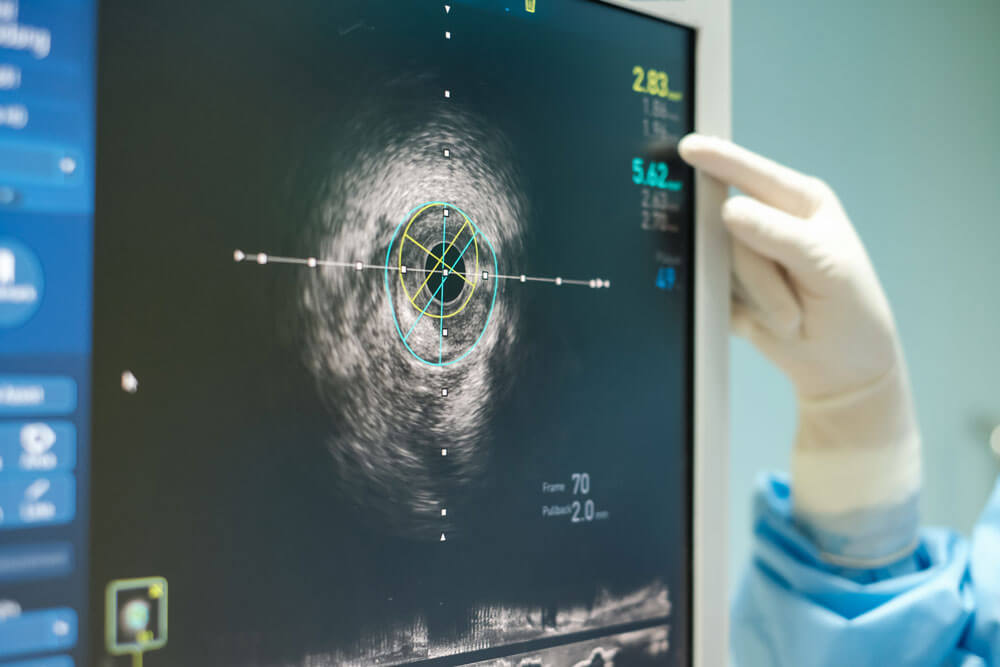



Our doctors may use ultrasound imaging to detect various abnormalities in all areas of the body. An ultrasound of internal organs, which can be conveniently completed here in our Southfield office, can help detect a multitude of health conditions. Common imaging techniques include pelvic ultrasounds and abdominal ultrasounds.
An ultrasound scan uses high-frequency sound waves to obtain the exact image of internal body parts for diagnostic purposes. It is a safe, effective method of studying the abdominal and pelvic organs, muscles, and tendons.
The doctors will use the ultrasound to analyze the size, shape, and appearance of organs to diagnose any related health concerns.
Pelvic Ultrasounds
One of the most common areas of the body to be examined through an ultrasound is the pelvis. Through a pelvic ultrasound, we can examine the bladder, gallbladder, kidneys, liver, ovaries, pancreas, spleen, testicles, and uterus.
It is especially common for pregnant women, allowing the doctor to analyze the size, shape, and position of the uterus and ovaries; tissue density; presence of fluids in the endometrium, fallopian tubes, or bladder; length and thickness of the cervix; and blood flow through pelvic organs. The ultrasound can also be used to analyze the fetus’s position and development, the baby’s due date, and ectopic pregnancy.
Call to schedule an appointment today
Abdominal Ultrasounds
An abdominal ultrasound may be used if the doctor is concerned about conditions such as deep vein thrombosis, blood clotting, chronic liver problems, enlarged spleen, an abdominal aortic aneurysm, or other abdominal disorders.
It also may be used to identify cancer of the abdomen through the detection of tumors, cysts, and fluid collection.

Preparing for an Ultrasound of Internal Organs
Very little preparation is required prior to a pelvic ultrasound, abdominal ultrasound, or ultrasound of any other internal organs. You may, however, be advised to fast for several hours prior to the test, as well as follow a particular diet on the evening before the test.

For more information about an ultrasound of any internal organs, call our doctors’ office or send a message to our medical team through our website.